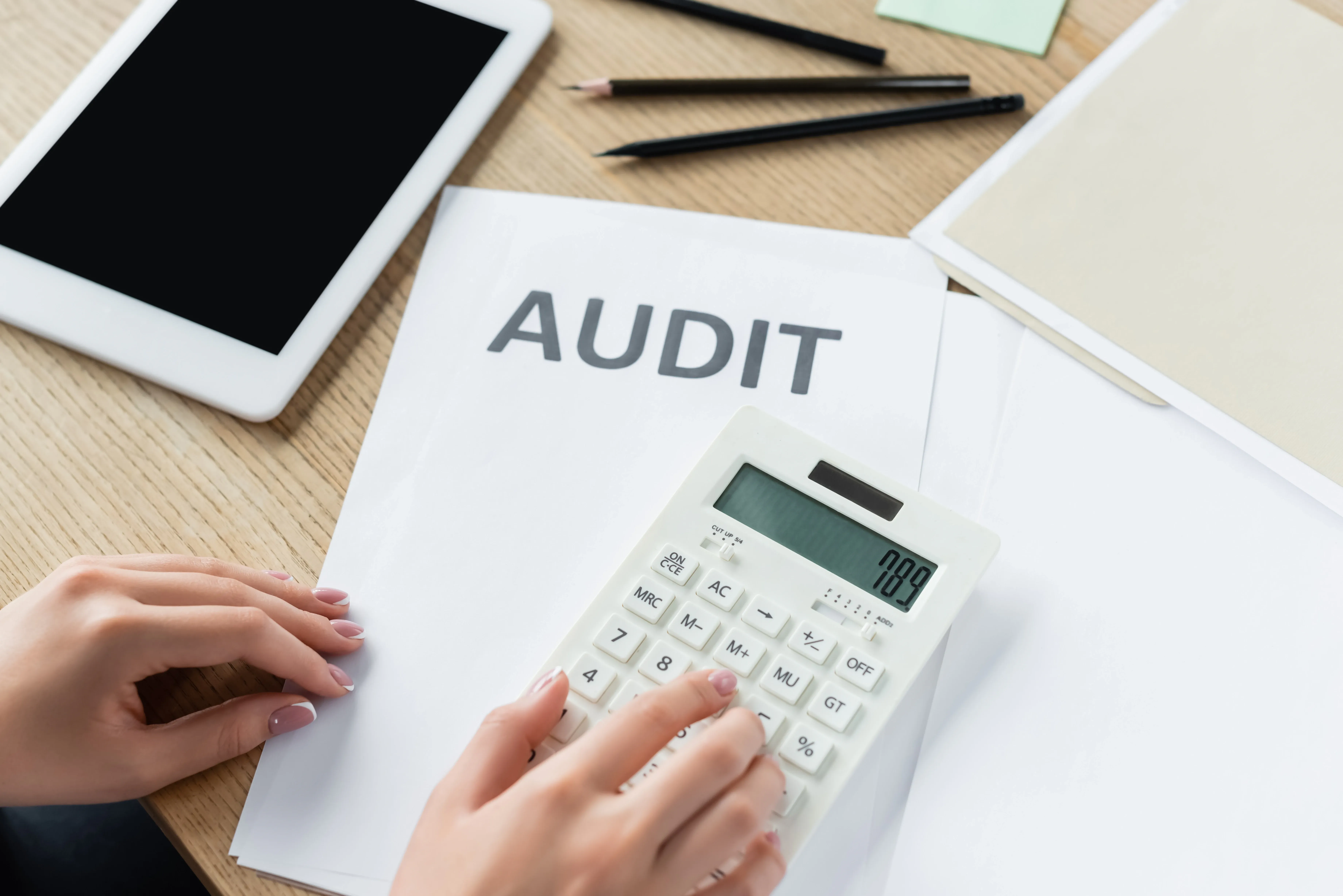How to Prepare Your Business for an IRS Tax Audit
At My Accounting Now, we believe in empowering business owners with the knowledge and tools they need to thrive. Our blog serves as a resource hub, offering insights into critical aspects of business finance, from effective bookkeeping practices to strategic tax planning. By staying informed and proactive, business owners can avoid common pitfalls and leverage financial strategies to fuel their growth and success.

How to Prepare Your Business for an IRS Tax Audit
2025-07-17
An IRS tax audit can be one of the most dreaded experiences for business owners. However, being prepared not only reduces stress during the process but also increases the chances of a favorable outcome for your business. The IRS conducts audits to ensure that taxpayers are complying with tax laws and paying the correct amount of taxes, but proper preparation can help you navigate this process successfully.
Below are some key steps to prepare your business for a tax audit, ensuring that your company is ready to face the audit efficiently.
1. Keep Complete and Organized Records
One of the most important aspects of a tax audit is the ability to present clear, accurate, and complete records. The IRS will not only review your tax returns, but also all related documentation, such as invoices, receipts, bank statements, contracts, and any other relevant financial documents.
Tips for Keeping Your Records Organized:
- Categorize income and expenses: Use accounting software to separate and classify different types of transactions. This will make it easier to find information during the audit.
- Keep copies of key documents: Include contracts, loan agreements, purchase and sales records, and any other documentation that supports your income and deductions.
- Retain records for the stipulated time: According to tax laws, you must keep your records for a minimum of 3 to 7 years, depending on the nature of the document.
2. Ensure Your Deductions Are Justifiable
One of the main reasons businesses are audited is the excessive or incorrect application of tax deductions. Make sure all the deductions you claim are well documented and legal.
Steps to Ensure Your Deductions Are Justifiable:
- Keep detailed records of the deductions you take, such as business travel, asset depreciation, or supply costs.
- Consult with an accountant: An accountant can help you ensure that the deductions you claim are valid and comply with tax regulations.
3. Review your tax returns before the audit
Before an audit begins, review your tax returns from recent years. This will allow you to detect potential errors, omissions, or inconsistencies that could lead to questions from the IRS. If you find any errors, correct them as soon as possible. Also, check your forms to make sure all required forms are complete and that all information is correct.
4. Establish a Reliable Team
When facing a tax audit, it's critical to have the right team. This may include your accountant, a tax attorney, or even a specialized tax advisor. These professionals have the knowledge to manage the audit process, communicate with the IRS on your behalf, and help you navigate through any complications.
5. Remain Calm and Cooperative During the Audit
During the audit, the IRS may request additional information or ask questions about certain transactions. It's important to remain calm and cooperative. Do not withhold information, as this could lead to serious legal consequences.
Tips for Handling the Audit:
- Respond to all requests for information clearly and concisely.
- If you don't know the answer to a question, don't fabricate one. You can request additional time to consult with your accountant or attorney.
- If you encounter a discrepancy, work collaboratively with the IRS to correct any errors or misunderstandings.
6. Prepare Your Internal Team
If you have employees or collaborators who manage the financial aspects of your business, make sure they are well-informed and prepared to cooperate during the audit. Properly training them in financial record keeping can be key to ensuring everything is in order if the IRS requires specific details.
7. Consider an External Audit
If you have doubts about whether your records are in order, it may be helpful to hire an external audit before the IRS audit. This will allow you to identify any weaknesses in your finances and correct them before the IRS does.
Finally, remember that in the end, transparency and cooperation are essential. If you follow these recommendations and ensure your records and returns are up to date, you can face an IRS tax audit with confidence and peace of mind. If you need help with this matter, we at My Accounting Now are here to help. Schedule a consultation with our team by calling 786-228-8689 or sending an email to info@myaccountingnow.com
